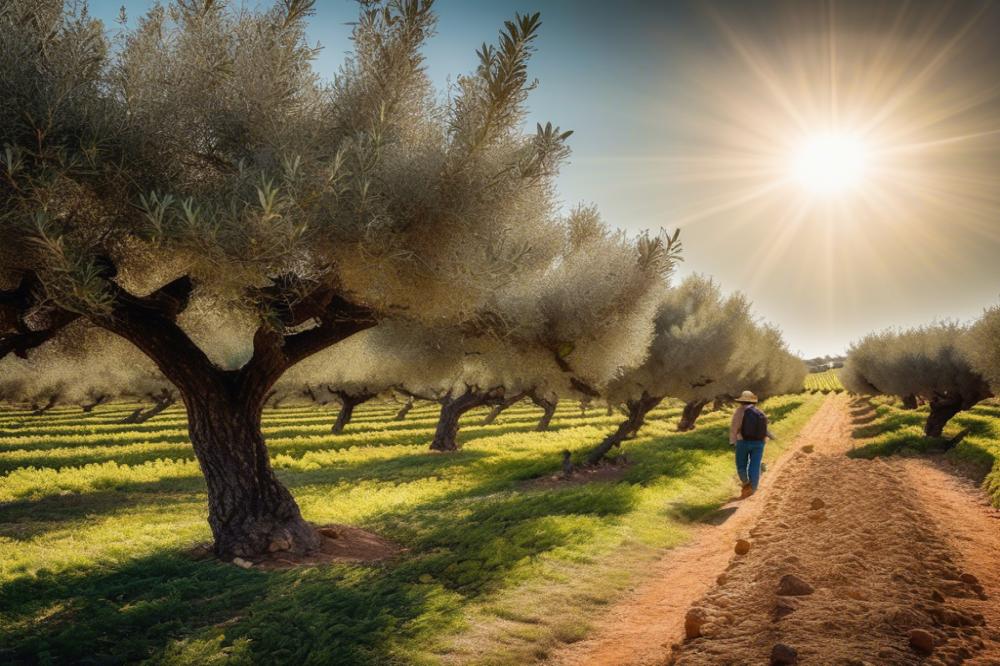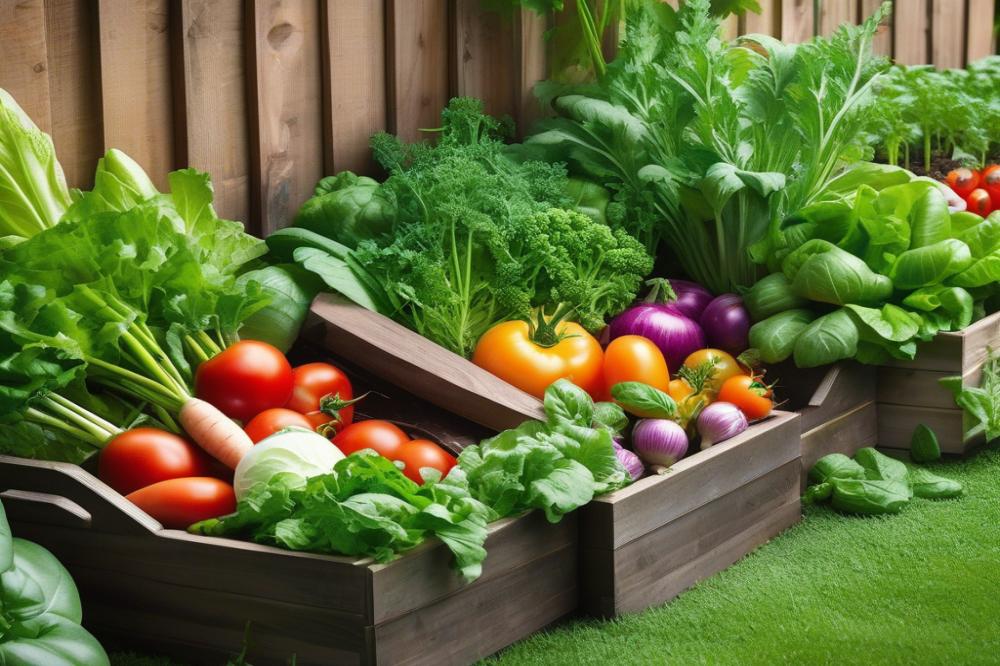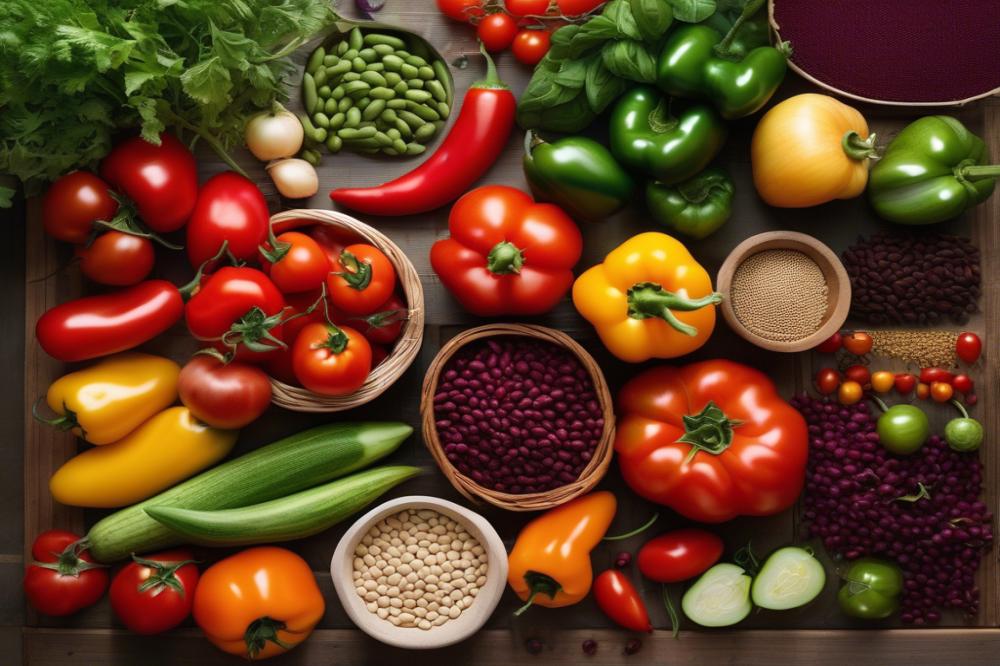Growing Success with Hardy Picudo Olives
Hardy Picudo Olives stand out in the world of olive cultivation for several reasons. These trees thrive in Mediterranean climates, where warmth and sunshine are abundant. Selecting this variety can lead to efficient fruit production, making them a favorite among farmers. Their ability to withstand drought conditions marks them as a valuable asset in sustainable agriculture.
In recent years, many growers have turned to Hardy Picudo due to their adaptability. These olive trees require less water than other varieties, allowing for less strain on local resources. This resilience not only supports the trees’ growth but also fosters healthy soil health. Farmers can cultivate these olives with methods that align with organic farming practices, promoting quality and sustainability.
Beyond the environmental advantages, the flavor profile of these olives is noteworthy. They yield rich, robust olive oil that enhances various dishes. Chefs and home cooks alike appreciate the taste, which adds depth to their culinary creations. As demand for high-quality, flavorful products rises, Hardy Picudo Olives can meet this need effectively.
In summary, Hardy Picudo Olives offer significant benefits for those in the olive agricultural sector. Their drought resistance, adaptability, and excellent flavor make them a popular choice for cultivation. By focusing on these resilient trees, producers can contribute positively to sustainable practices while reaping the rewards of a thriving olive oil market.
Characteristics of Hardy Picudo Olives

The Hardy Picudo olive is known for its distinct features. These olives are typically small to medium in size and have an elongated shape, like a small football. The color of the fruit varies from green to deep purple, depending on its ripeness. Each olive offers a uniquely rich and fruity flavor, often described as mild and buttery with hints of fresh grass and artichoke. This complex taste is one reason why they are favored in high-quality olive oil production.
These trees thrive best in a Mediterranean climate. With their drought-resistant qualities, they become an excellent choice for sustainable agriculture. During dry spells, they can still produce abundant fruit. Farmers often choose organic farming methods with these trees. Such practices help maintain soil health and reduce the need for synthetic pesticides.
Fruit production is vital for olive oil quality. Hardy Picudo olives yield oil that is fruity and fragrant, appealing to many culinary enthusiasts. The care given to these trees affects both the quantity and quality of the harvest. The agricultural practices adopted by growers play a significant role in the final product. Properly managed orchards can lead to a richer flavor profile in the oil, which enhances its culinary use.
Cultivating Hardy Picudo olives also supports local ecosystems. Organic farming encourages biodiversity, creating a balanced environment. As farmers focus on methods that protect nature, they build resilience into their agricultural practices. This way, everyone wins, from growers to consumers enjoying top-notch olive oil. Hardy Picudo olives not only promise a flavorful experience but also uphold a commitment to sustainable farming and responsible land use.
Cultivation Practices

Growing Hardy Picudo olives requires careful attention to various cultivation practices that promote healthy trees and high-quality fruit. The soil’s health is vital for the overall growth of olive trees. Using organic matter like compost can improve soil quality significantly. Soil testing is a good practice to determine nutrient needs and pH levels. Adjustments can be made to optimize conditions for the trees.
Irrigation techniques play a critical role in the cultivation process. Drip irrigation systems are ideal for olive trees, especially in areas with a Mediterranean climate. These systems provide water directly to the roots, promoting efficient usage and reducing waste. Drought-resistant olive trees require less frequent watering once established, making them suitable for areas with limited water supply.
Implementing agricultural practices that focus on sustainable agriculture is essential for long-term success. Crop rotation and cover cropping can enhance soil health and prevent erosion. This not only benefits the environment but also improves the flavor profile of the olives during fruit production. Organic farming practices help in maintaining biodiversity, which is crucial for pest management and overall ecosystem health.
Pest control systems should rely on natural methods rather than chemicals. Introducing beneficial insects can help keep harmful pests at bay. Additionally, practices like mulching can keep weeds from overtaking your olive grove while retaining moisture in the soil.
Harvesting techniques also make a difference. Picking the olives at the right time ensures the best quality, which is important for producing high-quality olive oil. Workers should be trained to handle the fruits carefully to prevent bruising, as this can affect the oil’s flavor.
In conclusion, growing Hardy Picudo olives successfully requires an integrated approach that encompasses soil health management, smart irrigation practices, and sustainable farming techniques. Each decision impacts the final product and the health of the ecosystem.
Climate and Environmental Considerations

The Hardy Picudo olive tree thrives in a Mediterranean climate, where warm summers and mild winters create the perfect environment for growth. These olive trees flourish in regions with plenty of sunlight. They prefer dry conditions but still need enough moisture during the early stages of growth. This makes them well-suited for various agricultural practices.
Remarkably, their drought-resistant traits stand out. These trees can survive long periods without rain, making them ideal for areas that experience dry spells. Olive oil produced from these trees has a distinct flavor profile that many culinary enthusiasts admire. Environmental challenges, like rising temperatures, do not significantly hinder their production. Their resilience helps farmers maintain healthy fruit production even in tough conditions.
Soil health is crucial for cultivating Hardy Picudo olives. Well-drained, fertile soil provides the nutrients needed for growth while preventing waterlogging. Organic farming practices can enhance soil quality. Utilizing compost and cover crops can improve soil fertility over time. This approach aligns well with sustainable agriculture efforts, promoting eco-friendly methods for cultivating olive trees.
Farmers who embrace these trees can enjoy benefits beyond just appealing olives. They contribute to local ecosystems, providing habitat for various wildlife. Sourcing olives from these hardy trees supports community agriculture and can even reduce carbon footprints. Overall, Hardy Picudo olive trees embody a perfect mix of flavor, durability, and environmental awareness.
Harvesting and Processing
Harvesting Hardy Picudo olives requires careful attention. Timing is crucial. Olives should be picked when they reach optimal ripeness, which usually occurs in late autumn. This is important for developing the best flavor profile. A well-timed harvest enhances the overall quality of the olive oil.
Workers gently shake the branches of the olive trees. This method allows the ripe olives to fall onto nets spread below. Some farmers prefer hand-picking to ensure reduced damage to the fruit. Each method has its benefits, but the goal remains the same—preserving the integrity of the olives.
Once collected, olives need to be processed swiftly. The delay between picking and processing can cause undesired fermentation and spoilage. Immediately after harvesting, olives are taken to the mill for cold pressing. Cold pressing is essential for maintaining the rich flavors and aromas beneficial to high-quality olive oil production.
The importance of soil health cannot be overstated. Healthy soil leads to strong, drought-resistant olive trees and better fruit production. Sustainable agriculture practices also play a part, ensuring that the trees’ health is prioritized. Well-maintained groves will yield olives rich in flavor while maintaining the ecosystem.
Organic farming methods can further enhance the quality of the olives. By avoiding synthetic chemicals, farmers protect the environment and promote healthy agricultural practices. Additionally, organic olives taste fresher and more vibrant, which can significantly influence the flavor profile of the final product.
During processing, several steps follow the initial pressing. The olive oil undergoes filtration to remove any remaining solids. This stage contributes to the oil’s clarity and shelf life. Further refining techniques might be applied, but careful consideration should be given to balance quality with characteristics that consumers enjoy.
Market Potential and Benefits
The market for Hardy Picudo olives and their oil is growing rapidly. Consumers are increasingly seeking high-quality products with rich flavor profiles. The rise in interest in organic farming has contributed to this trend. Many people are becoming more aware of the health benefits of olive oil. This offers exciting opportunities for farmers.
Olive trees are well suited for the Mediterranean climate. They thrive in hot, dry summers and mild, wet winters. Hardy Picudo olives stand out because they are drought resistant. This adaptability allows farmers to cultivate them even in challenging conditions. As a result, they require less water compared to other crops.
Sustainable agriculture practices are becoming essential. Adopting these methods can enhance soil health and promote biodiversity. Farmers benefit from healthier ecosystems as a result. Organic products also attract higher prices in markets. This can significantly increase profits for those who grow olives sustainably.
Fruit production from these olive trees meets the increasing demand for quality products. The flavor of their oil is often praised for its complexity. Buyers are willing to pay more for flavors that stand out from the competition. Additionally, organic certification can open new market avenues. It helps producers tap into a dedicated consumer base that prioritizes green choices.
Building a reputation for quality is important. Consumers are loyal to brands that provide excellent products. Focusing on the uniqueness of Hardy Picudo olives can set farmers apart. Marketing can highlight their distinctive taste as well as their health benefits.
As more farms transition to organic practices, the impact is significant. Not only does it promote sustainable methods, but it also encourages responsible use of resources. Educating farmers and communities about these benefits can lead to broader acceptance. Overall, this creates a pathway for growth and success in the olive market.
Final Thoughts on Growing Hardy Picudo Olives
Success in the cultivation of Hardy Picudo olives comes with a range of benefits. These trees are known for their resilience and flavor profile. Not only do they produce high-quality olive oil, but they also adapt well to various soil types and climates. This adaptability makes them a wise choice for growers in different regions.
Cultivating these olives can lead to a fruitful harvest. Along with abundant yields, farmers can enjoy the rich and robust taste that sets this variety apart. Beyond personal profit, there is a strong reason to practice sustainable farming. Careful management of olive trees is essential for protecting the environment.
Adopting eco-friendly practices helps maintain soil health and promotes biodiversity. When growers prioritize sustainability, they also contribute to the quality of the final product. Choosing organic methods can enhance the rich flavors that consumers crave.
Overall, growing Hardy Picudo olives offers both economic and culinary rewards. Passion for this cultivation can lead to continued success and excellence in the market. By embracing sustainability, the future of olive farming can be bright for generations to come.



